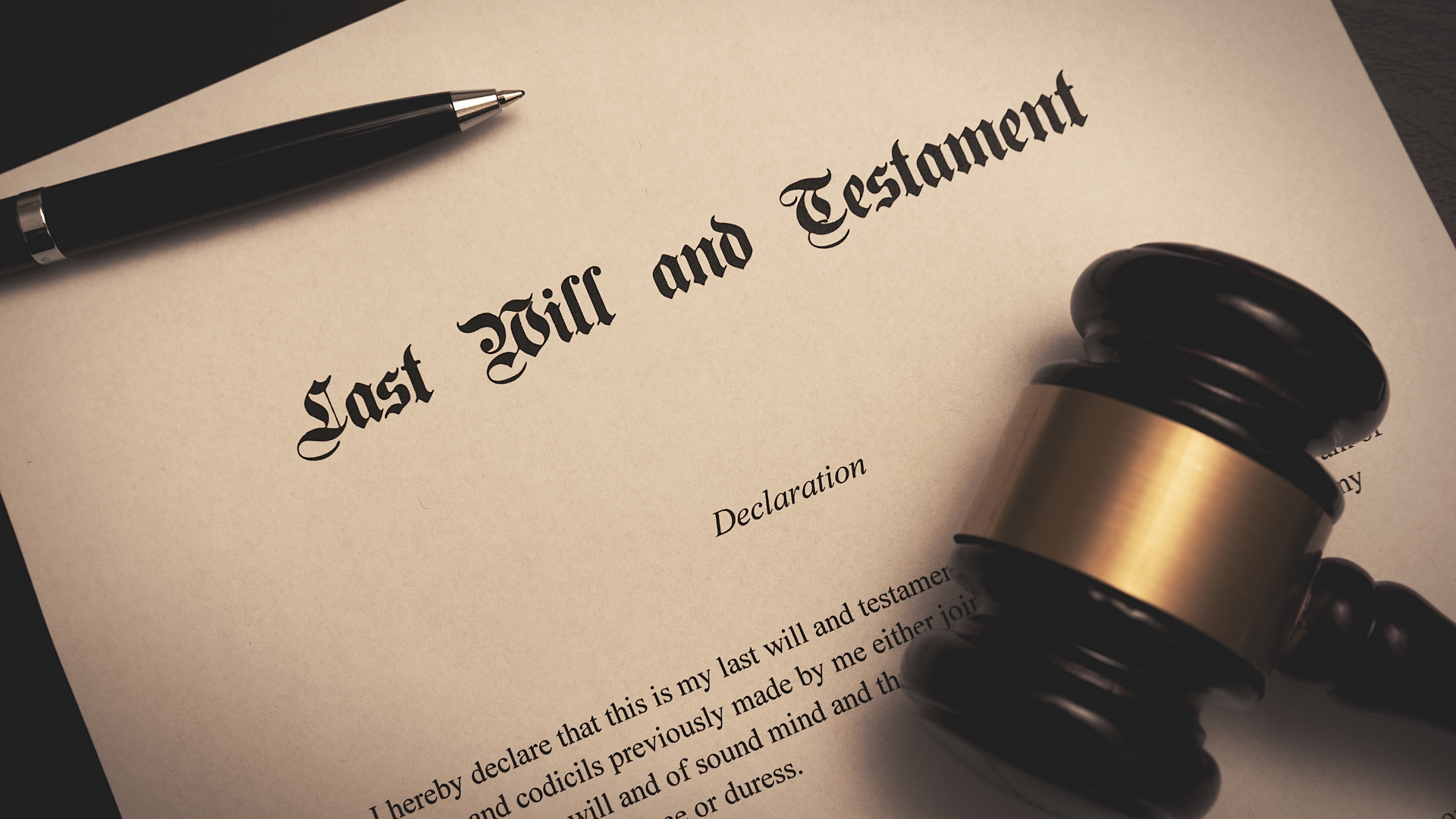
A last will and testament is a fundamental legal document that outlines how a person’s assets and estate should be distributed after their death. It serves as a crucial tool for ensuring that your wishes are honored and that your estate is managed according to your preferences. This guide provides an in-depth look at last wills and testaments, including their purpose, key components, and important considerations for creating one.
What is a Last Will and Testament?
A last will and testament is a legal document that specifies how a person’s assets, property, and responsibilities should be distributed upon their death. It allows an individual to appoint executors, designate beneficiaries, and make provisions for any outstanding debts or taxes.
Key Components of a Last Will and Testament
1. Testator Information
- Identity: The document begins with the testator’s full name and a declaration that they are of sound mind and legal age to create a will.
- Revocation of Previous Wills:It often includes a statement revoking any previous wills or codicils to avoid conflicts.
2. Appointment of Executors
- Executor Selection: The testator designates one or more executors to manage the estate. Executors are responsible for ensuring the will is executed according to the testator’s wishes.
- Executor Duties:Duties include settling debts, managing assets, and distributing the estate to the beneficiaries.
3. Distribution of Assets
- Bequests: The will specifies how the testator’s assets and property are to be distributed. This includes both specific bequests (individual items or sums of money) and residuary bequests (the remainder of the estate after specific bequests and debts are settled).
- Beneficiaries:The document names individuals or organizations who will receive the assets. It is essential to clearly identify beneficiaries and specify the exact shares or items they are to receive.
4. Guardianship Provisions
- Minor Children: If the testator has minor children, the will can designate guardians to care for them in the event of the testator’s death.
- Guardian Duties:The guardian will be responsible for the child’s upbringing and well-being.
5. Signatures and Witnesses
- Signatures: The will must be signed by the testator to be valid.
- Witness Requirements:Most jurisdictions require the will to be witnessed by two or more individuals who are not beneficiaries to ensure its validity.
Benefits of Having a Last Will and Testament
1. Control Over Estate Distribution
A last will and testament provides a clear plan for how your assets and property should be distributed, reducing the risk of disputes among heirs and beneficiaries.
2. Appointment of Trusted Executors
You can appoint individuals you trust to manage your estate, ensuring that your wishes are carried out accurately and efficiently.
3. Guardianship for Minor Children
The will allows you to designate guardians for your minor children, ensuring their care and protection according to your preferences.
4. Minimization of Legal Challenges
A well-drafted will can help minimize legal challenges and complications, providing clarity and reducing the likelihood of disputes during the probate process.
Considerations When Creating a Last Will and Testament
1. Regular Updates
Life Changes: Update your will to reflect significant life changes such as marriage, divorce, births, or deaths. Regular updates ensure that the will remains accurate and relevant.
2. Legal Requirements
Jurisdictional Laws: Be aware of the legal requirements for wills in your jurisdiction, including witness requirements and formalities.
3. Professional Assistance
Legal Advice: Consider seeking the assistance of an estate planning attorney to ensure that your will is properly drafted and legally sound. Professional advice can help address complex issues and ensure that your wishes are effectively communicated.
Conclusion
A last will and testament is a vital document that provides a clear plan for the distribution of your estate after your death. By understanding its key components and benefits, and by taking into account important considerations, you can create a will that ensures your assets are distributed according to your wishes and minimizes potential disputes. Regularly updating your will and seeking professional assistance can further enhance its effectiveness and reliability.